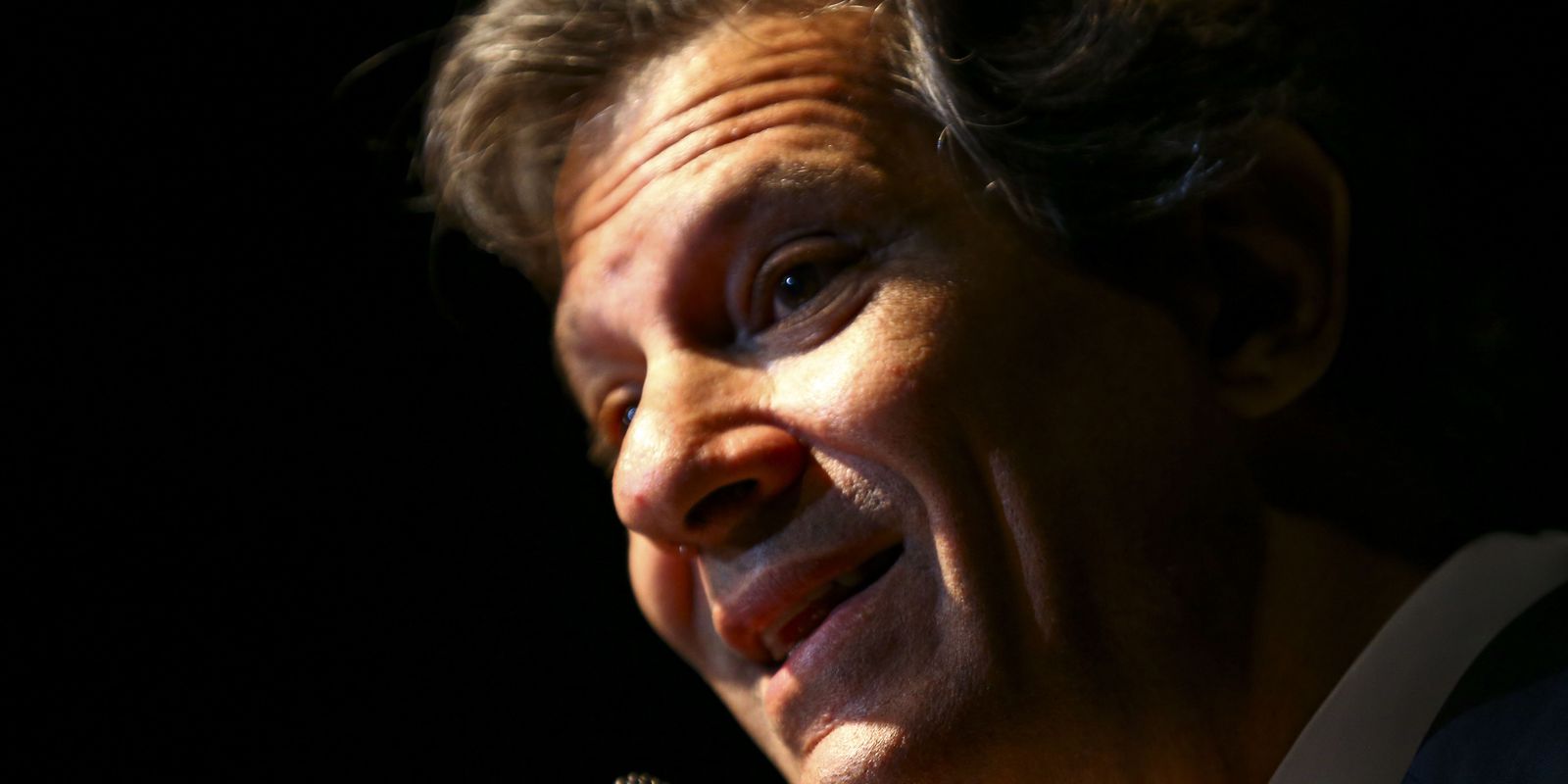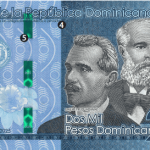The Minister of Finance, Fernando Haddad, said today (21) that he is optimistic about the government finding a balance between fiscal sustainability and socio-economic development and estimated that the necessary measures for that should be approved by the end of this year. From Brasilia, Haddad participated, virtually, in the closing of the seminar Sustainable Development Strategies for the 21st Century, held at the National Bank for Economic and Social Development (BNDES), in Rio de Janeiro. 
“We are creating, in the National Congress, a favorable environment to conclude, in the first semester, the presentation of what is necessary for Brazil to rediscover the path of development, and to approve, in the second semester, measures that will give sustainability to President Lula’s government” , said Haddad, who said that many of these measures have already been announced. “I think we have all the conditions to, in the first semester, have this flight plan defined. It is a difficult task. It is an arduous task. The interlocutors are the most diverse, but the dialogues are happening”.
Haddad said that among the measures already presented are the readjustment of the minimum wage, changes in the income tax table and the Desenrola program, all expected to take effect from May 1st.
“We are expecting a convergence between fiscal and monetary policies, so that we can use this high interest rate fat to benefit a sustainable development program, with low inflation. It is absolutely possible in Brazil”.
In April, the minister said that the government will present a set of regulatory measures, such as a new regulatory framework for public-private partnerships and measures to improve the credit environment in the country, which are being prepared together with teams from the National Treasury and the Central Bank, respectively.
“As far as the Treasury is concerned, if we have the condition to, in one semester, send to Congress both the issue of the fiscal framework and the credit and regulatory measures, to leverage investment, I am sure that we will present a completed design of what this government intends for the future of the country”, said Haddad, who also forecasts for the first half a mapping of measures aimed at the ecological transition. “So that we can not have any type of development, but a type of development that adheres to what the world expects from a country like Brazil”.
New Tax Framework
After presenting the project for the new fiscal framework to President Luiz Inácio Lula da Silva, on Saturday (18), Haddad stated that he spent the last three days dialoguing with interlocutors to prepare the political ground for proposals in the National Congress.
“I think that the tax reform, with the constitution of the working group by the president [da Câmara] Arthur Lira, will move forward in the Chamber of Deputies, with the enthusiasm and feeling and partnership of the Federal Senate, which will await the conclusion of the working group to move forward with the deliberations”, said Haddad. “I think we have complete conditions to vote , in the Chamber, between June and July, and, in the Senate, in the second semester.”
The minister stated that the team of the Extraordinary Secretary for Tax Reform, Bernard Appy, is already working on modifying other taxes, such as Income Tax and payroll tax, which may be modified as bills, instead of proposals. of Constitutional Amendment.
The minister argued that the tax reform will bring gains that have not been considered by economic analysts, replacing a scenario of chaos with a simple tax system, which will bring more taxpayers to legality and increase the productivity of sectors such as industry. Another point he raises is that the proposal reduces the burden of taxes on the poorest, producing tax justice.
“What we want to find is the fine line that allows the government to honor its campaign commitments and, simultaneously, offer the Brazilian State, and not the government, a sustainable fiscal base to respond to the social rights foreseen in the Constitution and that are foreseen in our plan of government.”
high interest
When speaking of the expectation of convergence between fiscal and monetary policies, the minister once again defended that the economy’s basic interest rates, currently at 13.75%, should be reduced by the Central Bank.
“Our interest rate is exaggeratedly high, which means room for cuts, at a time when the Brazilian economy can and should take off. monetary point of view, because there is room for that, to make the fiscal and monetary policy converge, guaranteeing everyone the socio-economic sustainability of our project.”
Fernando Haddad said that Brazil is “a prisoner of the short term” and that the proposals prepared by the government for the economy are intended to give the country a horizon of long-term development and sustainability.
“I’ll end with the hope that we get out of this very short-term trap we’re involved in. We need to get out of this discussion of everyone glued to the computer screen to find out if the dollar rose or fell a cent, if the stock market rose a point or a point down. Brazil is bigger than that. Brazil can think about the medium and long term, and that is what will guarantee citizens, investors and businessmen, the political class, the certainty that we will get back on track, which we shouldn’t have left”.
















